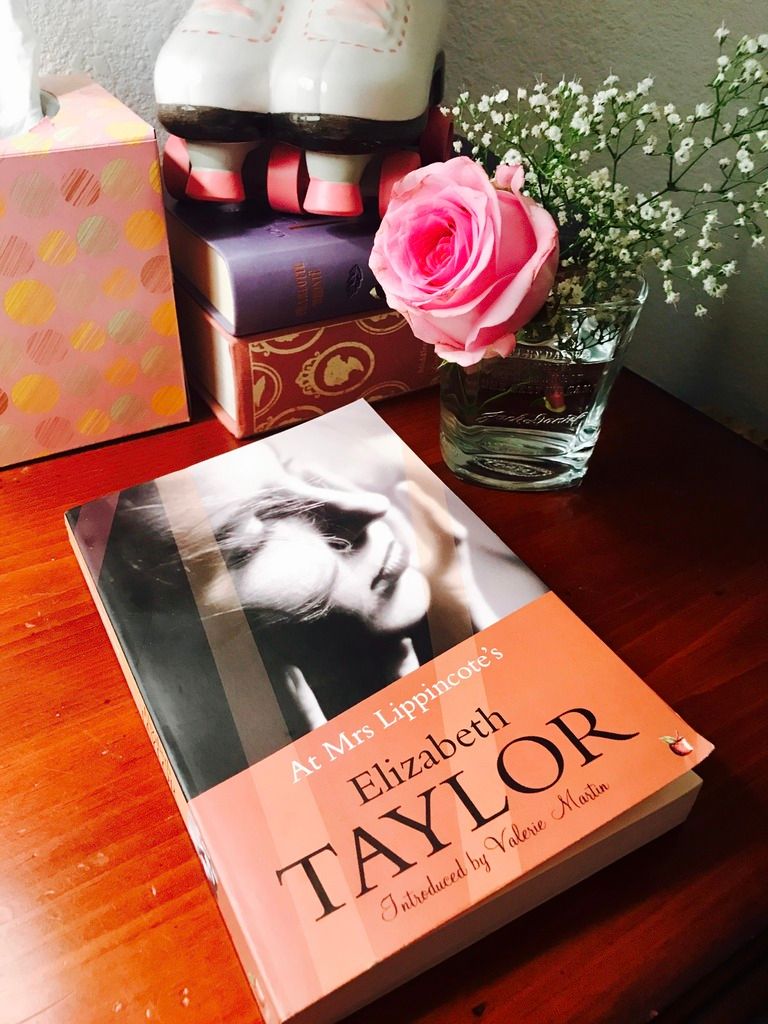A review by florapants84
At Mrs Lippincote's by Elizabeth Taylor
4.0

"'Lucky for us Emily [Bronte] was not a man,' said Julia, 'or she might have drank herself to death at the Black Bull. It was better to write Wuthering Heights, but she really had no choice. Men are not forced to turn their desolation to advantage as women are. It's easier for them to despise their passion, quell their restlessness in other ways. The Bronte girls just couldn't slip down to the pub. So they had to take to writing.'"
After reading The End on the last page of this little gem, I'm tempted to turn right back to the beginning and reread it...making sure to note this detail and that one. I think it's safe to say that Elizabeth Taylor is now a favorite author of mine. All of her wit, sarcasm, and humor are just so well written into her books. I can just see her sitting in a corner at a lively party jotting down sly observations about the guests, and wishing more than ever to be at home curled up by the fire with a book.
Julia, the protagonist of At Mrs Lippincote's, is an intelligent, outgoing woman who can't live up to her RAF husband's idea of a quiet, mild-tempered woman. She's extremely well-read, can see all his flaws and still love him, but refuses to idolize him. She's not particularly handy with an iron, doesn't mind serving tinned sardines and two-day old egg sandwiches to her husband after a hard day's work, and has never really got the upper hand on dirty dishes. It doesn't help that her husband's single cousin Eleanor lives with them, and seems all too eager to take on Julia's role.
I have yet to read a book where the mother and son relationship is explored so quietly and brilliantly. Julia's seven year-old son, Oliver, is a delight to read about. Julia's instilled a love of reading in him, and together they explore her favorite childhood authors like Robert Lewis Stevens, the Bronte sisters, and Johann David Wyss.
Written in 1945, I loved the detail she gave to the rental house the Davenant's live in. It's a time capsule of a bygone era. Of course there are copious amounts of tea, bread and butter fingers, gingerbread and literary references. My favorite is the following conversation over a lackadaisical dinner Julia's prepared for her husband's boss:
"These baked apples are very good,' said the Wing Commander.
'I had the recipe from Villette. I like to get my recipes from good literature,' Julia explained.
'It takes a woman novelist to describe a dish of food.'
'If we invert that, what a prodigious novelist Mrs Beeton would have been,' said Roddy.
'Oh, I agree,' said Julia, 'but it isn't often true. Remember how it is always mutton in Jane Austen. I can't recall them eating anything else. Oh, gruel, of course...'
'One of the best meals I ever ate in my imagination was the Boeuf en daube in To the Lighthouse,' said Julia. 'I see it now and smell it–the great earthenware dish and its' (she closed her eyes and breathed slowly) 'its confusion of savory brown and yellow meats, and its bayleaves and its wine.'"